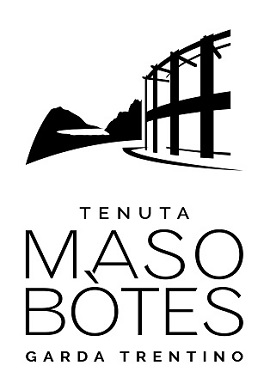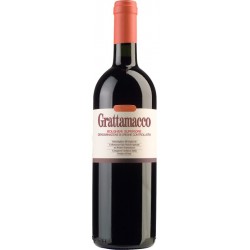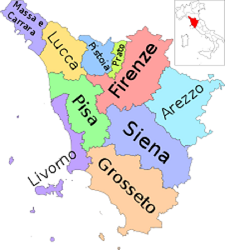
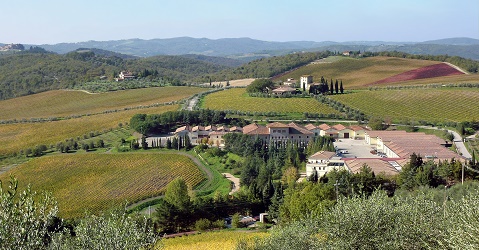
In its history Tuscan winemaking has lived through many ups and downs, before becoming one of the top regions in Italy producing wines. Vines were already present before the Etruscans, and with the influence of the Greeks began to include wine making into its economy, but this was almost entirely abandoned during the Roman period. The rebirth occurred after the decline of the Roman Empire, with a growth in terms of quantity and quality steadily up until the present day. The territory is mainly hilly and mountainous. The morphological shape of the land is variable: northwest is dolomitic limestone; northeast is volcanic with ferrous with the presence of sandstone, clay and tuffs, and the central area is formed by galestro (shaved rocks with sharp edges), sandstone and clay. The Tuscan climate is temperate , with differences from area to area, along the coast and on hillsides temperatures are mild in winter and cool in summer, towards the Apennines the climate is continental. The structure of the wines increases travelling eastwards due to the climate and quality of the land. The most significant area of Tuscany is the DOCG Chianti and Chianti Classico where the grape sangiovese is king. The DOCG in this region are many, like the famous Brunello di Montalcino, the aristocratic Carmignano, Vino Nobile di Montepulciano, Morellino di Scansano and the white Vernaccia di San Gimignano. Numerous are also the DOC where in addition to sangiovese and canaiolo nero grapes, we find thecolorino, ciliegiolo, prugnolo gentile and international cabernet sauvignon and franc, merlot and syrah, for the white vernaccia di S. Gimignano, trebbiano toscano and malvasia bianca lunga. These last two grapes combine to produce another memorable wine Vin Santo del Chianti and Chianti Classico, the red version is produced with sangiovese and is called Occhio di Pernice.

.png)
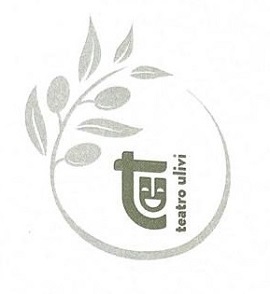

 - Copia.png)

 - Copia.jpg)

